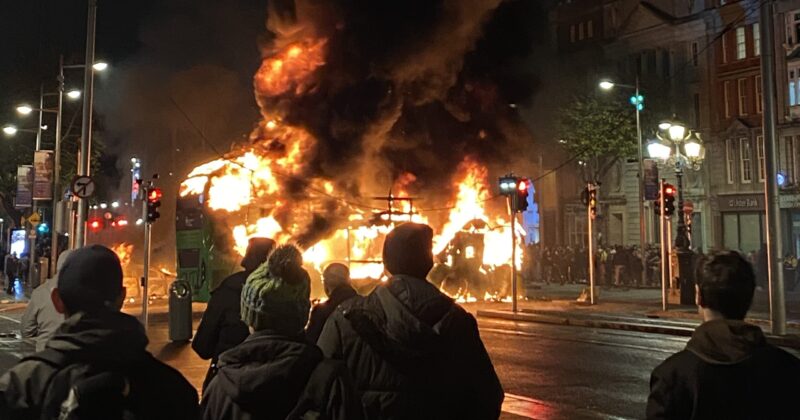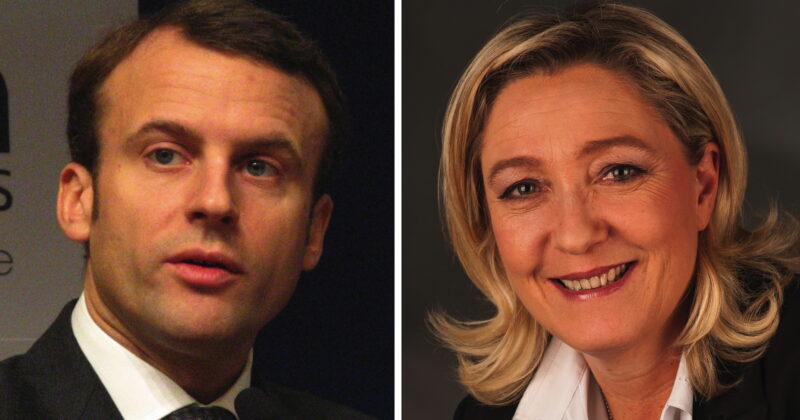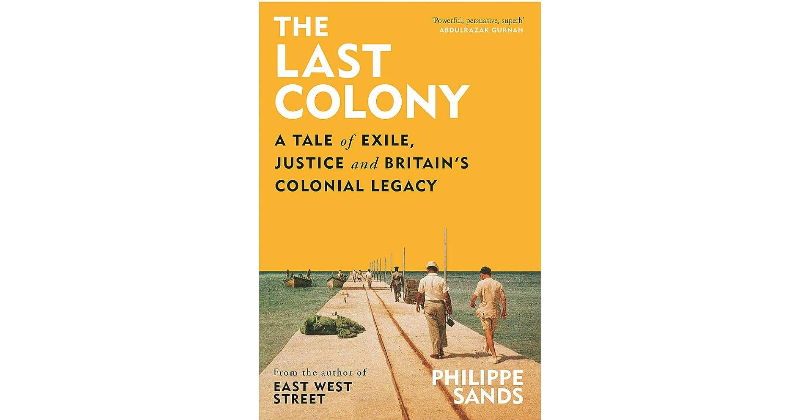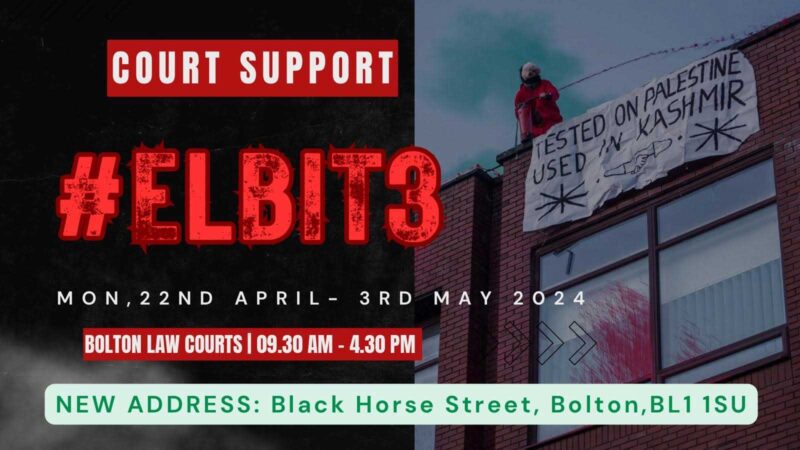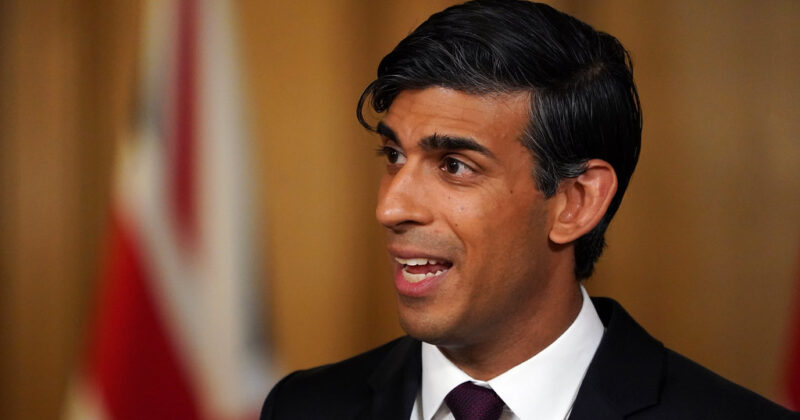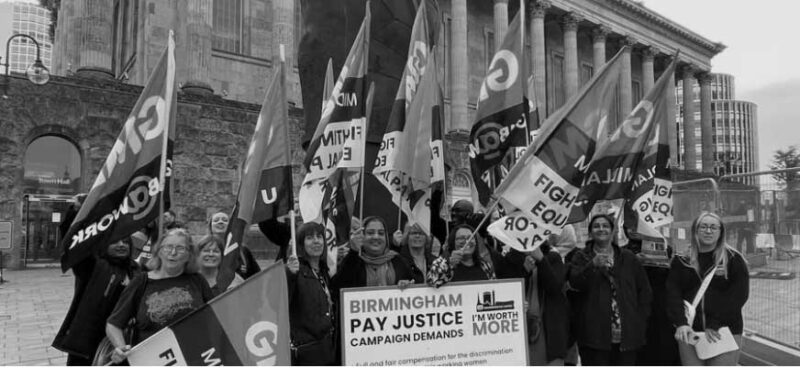Bring racist police to justice
The recent police killings of Mark Duggan and Anthony Grainger expose the racism rife in the police force. Conditioned to see young, black men as drug dealers and gangsters, in both cases the police shot dead an unarmed man.
 These two murders are part of a bigger picture of institutional racism in the police force. Nothing has changed in the 13 years since the Macpherson Inquiry into Stephen Lawrence’s murder investigation, which denounced the Met as “institutional racist” and rejected the idea that there were just a few “bad apples” in the force – the police remain racist to the core.
These two murders are part of a bigger picture of institutional racism in the police force. Nothing has changed in the 13 years since the Macpherson Inquiry into Stephen Lawrence’s murder investigation, which denounced the Met as “institutional racist” and rejected the idea that there were just a few “bad apples” in the force – the police remain racist to the core.
The ingrained racism stems from the role that the police have within capitalist society. They are paid defenders of private property and capitalist exploitation in a system that spreads racist ideology in order to divide and rule the working class. Do police arrest an employer that has sacked her/his workforce? No, but they will readily use their truncheons against workers on the picket line.
Reported racist abuse by police is on the rise, as shown by the Independent Police Complaints Commission’s (IPCC) own statistics. There are currently 13 accusations of racism lodged against Met officers. Since 2005, there have been 2,720 complaints of racism against the Met; of those, 42 were substantiated and just two officers were sacked.
In addition, figures released from the Ministry of Justice show that for 2009-2010, 43,219 black people were searched by Met officers under Section 60, compared with 27,217 white people.
Black people have the right to fight every aspect of this daily harassment and to stop the state criminalising whole communities. They have the right to organise black self-defence against police and racist attacks.
Twenty years ago, Los Angeles was set alight a year after Rodney King was pulled from his car and savagely beaten by four Los Angeles police officers. At least 15 white officers watched or participated in the systematic clubbing – over 50 truncheon blows – and kicking of Rodney, a black man who had been stopped for speeding after a chase.
The acquittal of those four police officers – by a near all-white jury – in April 1992 sparked a weeklong uprising in LA; demonstrations, protest and risings spread to other cities. There was outrage at the injustice of the verdict, but it was fuelled by the fact that state racism and police repression are part of normal life for that community.
Britain saw a very similar reaction in the aftermath of Mark Duggan’s murder. After years of stop and search and harassment by the police, young people took to the streets in cities across Britain and struck back against their oppressors. Yet it is these youth that have had draconian sentences meted out to them while not a single officer has ever lost their job in relation to a shooting or a death in custody.
In recent news, the 31 officers present at Mark’s shooting have refused to be questioned by the IPPC, which says it does not have the power to “compel” their testimonies. This exposes the sham of this so-called “independent” inquiry. The IPPC and Crown Prosecution Service (CPS) are not independent but an extension of the British state. The IPCC’s role is to defuse the anger in the community under the pretence that something is being done.
Yet something has to be done. Mark, Anthony, Jacob Michael, Christopher Alder and the hundreds of others that have died at the hands of the police deserve justice. We have to fight to get truly independent inquiries – i.e. independent of the state – into racist beatings, murders and deaths in custody.
The inquiry should be made up of elected representatives from working class and anti-racist organisations of the black community, the labour movement and anti-racist legal experts, not ex-police, lawyers, bankers and their friends.
